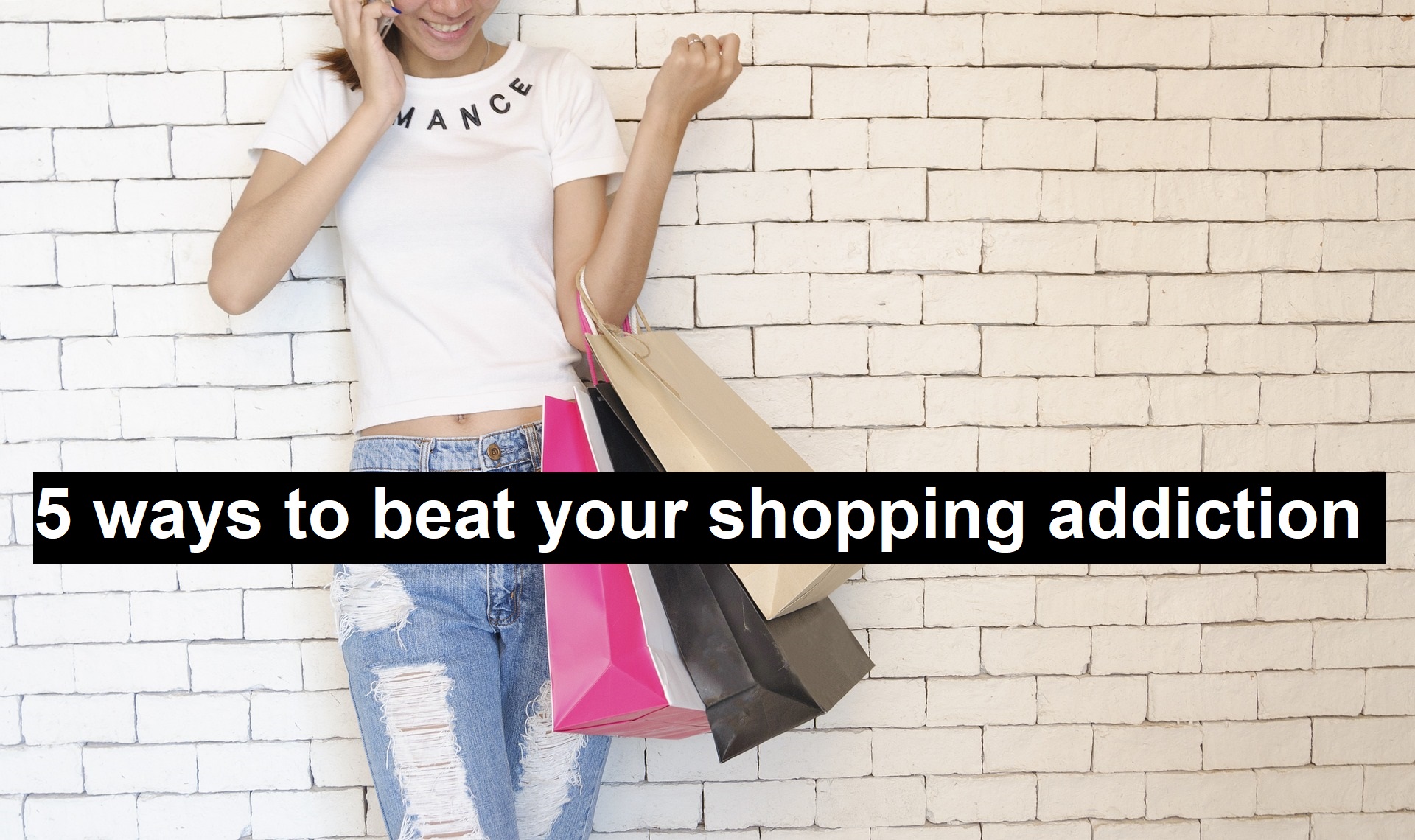(MoneyWatch) Liquor, split and heroin are known to be profoundly addictive, but can something as harmless as shopping be addictive? Having worked with more than one so-called “shopaholic” in my Orange Province budgetary arranging firm, I have no question shopping can ended up addictive and damaging. I’ve worked with individuals from immensely distinctive foundations who have ended up shopaholics — from “sudden riches” beneficiaries who’ve come into millions of dollars, to the unemployed and down and out who cannot control their shopping compulsion. Dr. Drew and I as of late taped an scene on the Ricki Lake Appear where we talked to a youthful lady who was a self-diagnosed shopaholic. Her shopping enslavement can give important lessons for the rest of us.
First, it’s vital to get it what doesn’t work. A shopping habit is not a illness of judgment skills; it’s a infection of feeling. Tragically, most family individuals, along with mental wellbeing and budgetary “specialists,” make things more regrettable by centering on the two regions that as a rule lead to indeed more shopping: disgrace and rationale. What’s off-base with you?! Do not you know way better? How can you be so self-centered and egotistical? Attempting to utilize rationale — if you spend as well much, you won’t have cash to make the car installment — tends to be fair as ineffective. Such “cures” do not work. Shopaholics as of now feel severely almost themselves, and they as of now know they can’t bear it. Feedback frequently leads to individuals feeling indeed more socially confined, which they “treat” by shopping. So what does work?
1. Distinguish the shopping trigger
What actuates a person’s encourage to shop — boredom, blame, disgrace, outrage? Keep a composed diary or electronic record and record what leads to the shopping.
2. Find the require shopping fills
Intemperate shopping doesn’t serve a utilitarian reason — you likely do not require 15 satchels — it serves a mental reason bu assembly an unfilled or under-filled require. For the non-shopaholic, it may see like “insane” or unreasonable behavior. It’s not. The shopaholic is frequently completely levelheaded. They shop for a reason — it fulfills a require, so they keep doing it.
No matter what you do, if you do not discover an elective and more beneficial way to fill this require, the shopping encourage won’t blur. So the to begin with step in stopping compulsive shopping is to distinguish the mental require driving it. Does the shopping give joy, or does it offer assistance you maintain a strategic distance from torment? In other words, do you shop to feel something you do not feel anyplace else all through the day (a surge, energy, assortment, incitement, being in control, feeling devious), or do you shop to maintain a strategic distance from feeling something negative, such as uneasiness depression or fear? Decide what portion of the shopping gives the remunerate. Is it going with companions (social)? Is it being around others (community)? Is it looking for things? Is it feeling noteworthy? Does the shopping make relationship clashes so you get consideration or a sense of association, yet negative? It takes an open intellect and guts to analyze yourself like this, but it frequently gives the answer.
3. Supplant shopping with something more advantageous
The shopaholic needs to discover a more beneficial elective to filling the require. Brainstorm how you seem fill this require in other ways. Regularly you’ll discover that somebody with one enslavement will exchange it for another compulsion. This is not a positive long-term arrangement. The objective is to exchange in a negative and damaging compulsion for one that is positive and solid, or at slightest unbiased. In some cases it’s fair not sufficient to supplant shopping with a more beneficial propensity. In this case, figure out what’s more imperative than shopping. What do you esteem more in life? Your children, life partner, security, glory? Anything it is, you must connect how proceeding to shop will crush what you esteem most. If you esteem the adore from your family and companions, it’s simple to see how that you will destroy these connections if you keep borrowing and investing.
4. Alter your environment
Our environment plays a gigantic part in our behavior. If you keep a bowl of jellybeans on your work area, it’s clear what you will nibble on all through the day. Utilize the environment to your advantage. It makes no sense for the alcoholic to “test” their resolve by having a nibble at their nearby bar, and it makes no sense for the shopaholic to be in shopping shopping centers. Make “no-fly zones” — places you can’t go, such as shopping centers, stores and other shopping regions. You need to expel any equivocalness in your rules. If you do not, at that point in the warm of the minute the shopaholic will rationalize a way to shop. Make a list of the places you can and cannot go. Dispose of any TV observing (at slightest in the starting), and remain from magazines and daily papers. You essentially need to evacuate any signals from the environment to shop.
5. Get bolster
Kicking an compulsion is difficult to do alone. Get a few offer assistance from companions, family or others. Indebted individuals Mysterious is a awesome asset, and they have bunches in cities over the nation.
